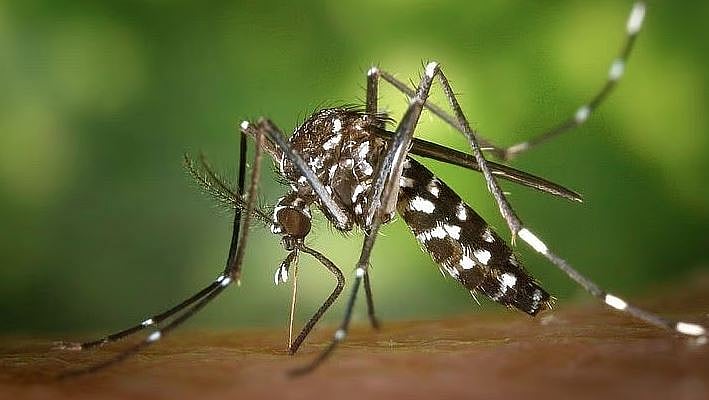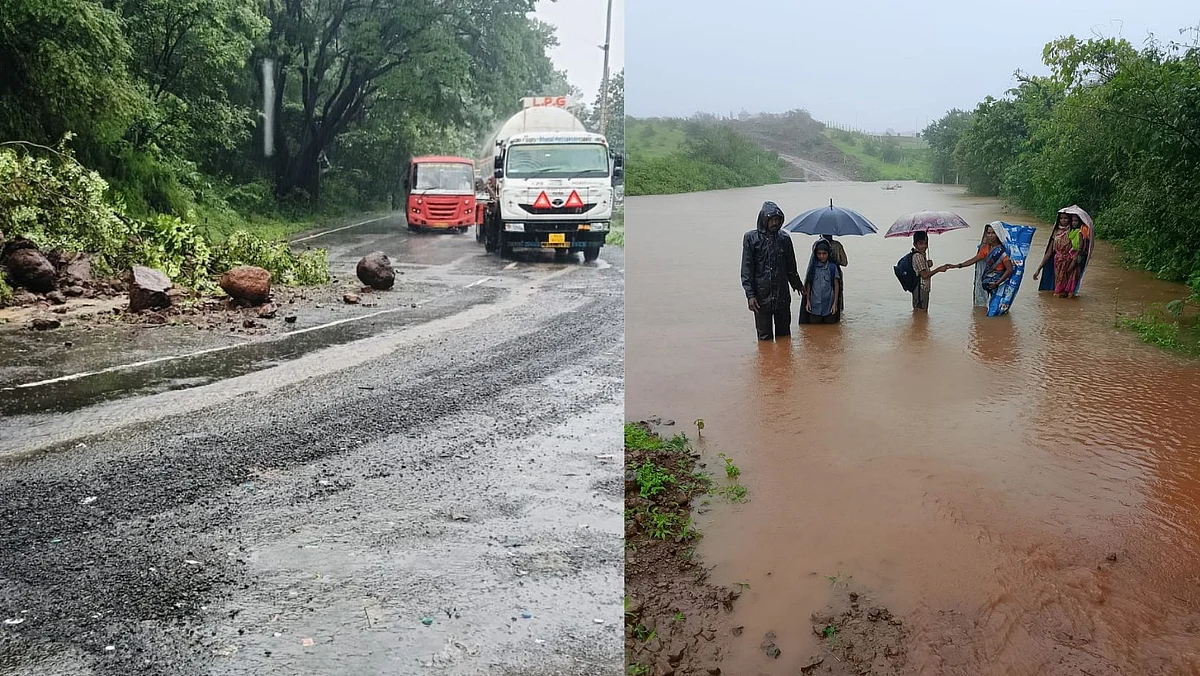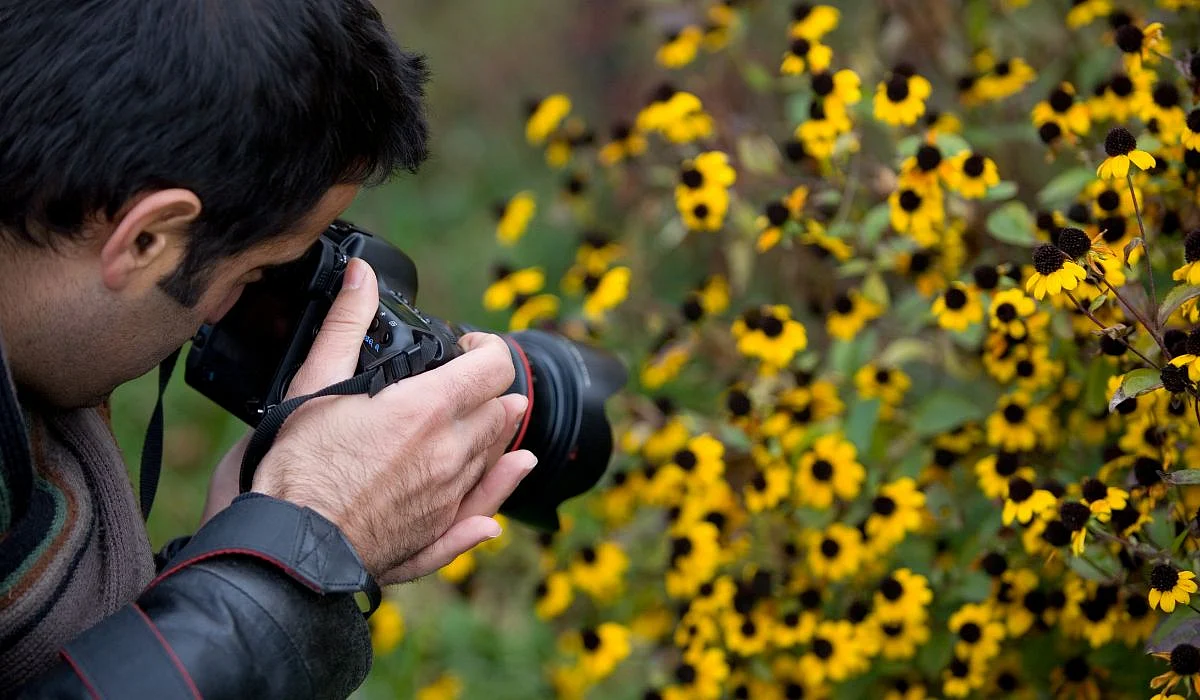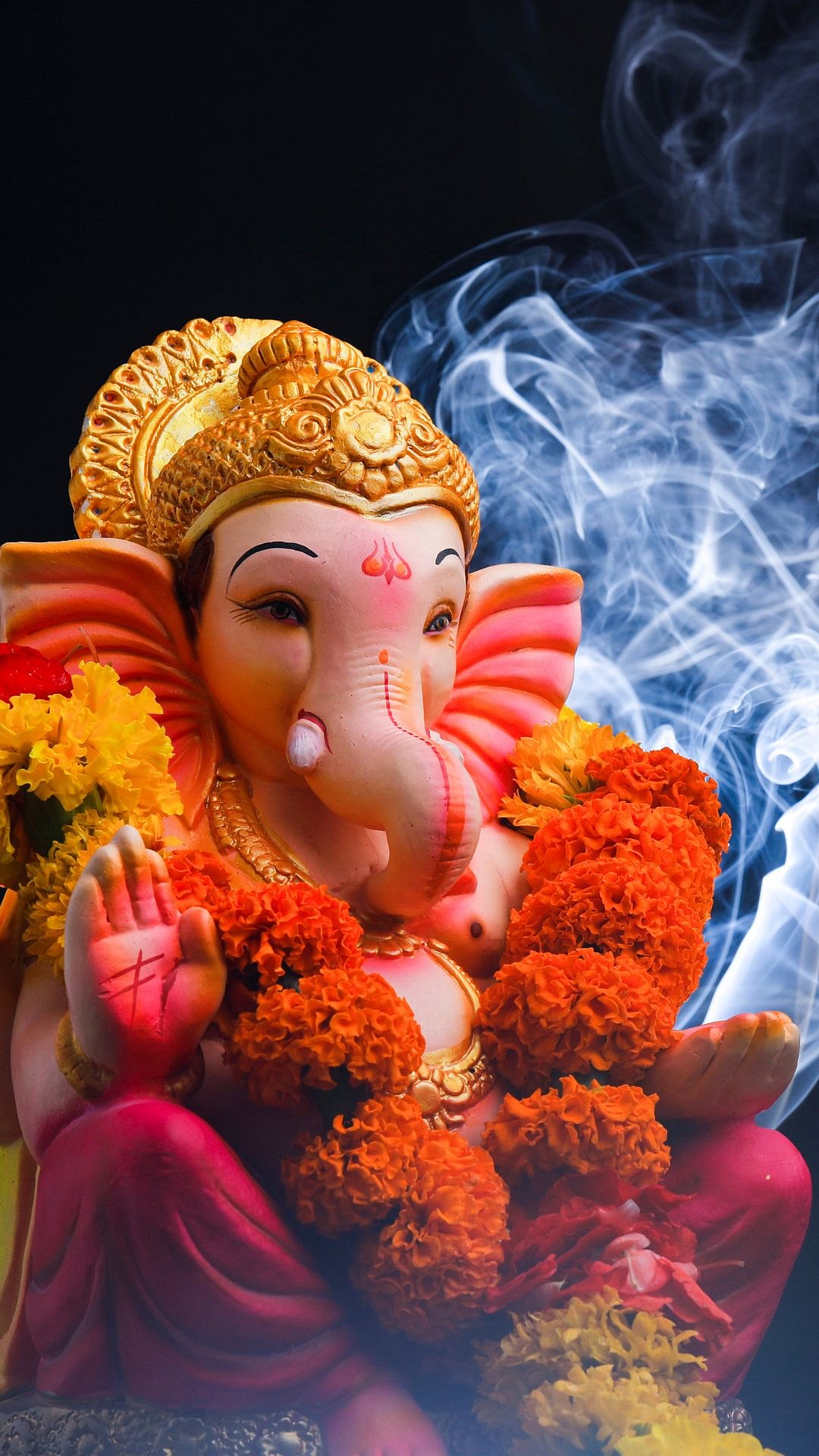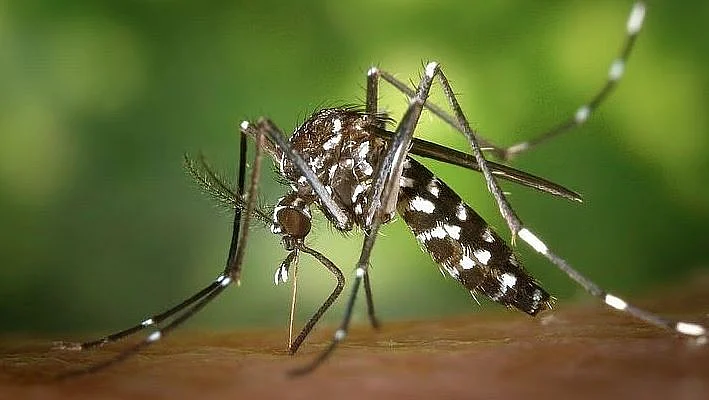Every year, World Mosquito Day is observed on August 20 to raise awareness about the dangers posed by mosquitoes and the diseases they spread. In 2025, this important day will be marked on Wednesday, August 20. While mosquitoes may seem like tiny insects, they are responsible for transmitting deadly diseases such as malaria, dengue, chikungunya, yellow fever, and Zika virus, which claim millions of lives globally each year.
Origin
World Mosquito Day was first observed in 1897, when British doctor Sir Ronald Ross discovered that the female Anopheles mosquito is the carrier of the malaria parasite. His groundbreaking research earned him the Nobel Prize in Medicine in 1902 and laid the foundation for preventive measures and treatment strategies against malaria. To honour this discovery and continue spreading awareness, August 20 was designated as World Mosquito Day.
Significance
The day emphasises the importance of controlling mosquito-borne diseases, which remain a major global health challenge. According to the World Health Organisation, malaria alone accounts for hundreds of thousands of deaths annually, especially in tropical and subtropical regions. By observing this day, health organisations, governments, and communities highlight the need for preventive measures such as using mosquito nets, repellents, eliminating stagnant water, and promoting vaccination and medical research.
Observance and awareness
On this day, medical institutions, NGOs, and health organisations conduct awareness drives, campaigns, and discussions on mosquito-borne illnesses. Educational programs are organised to inform communities about hygiene practices and innovations in disease control. Scientific researchers also use this occasion to showcase advancements in vaccine development and mosquito-control strategies.
About World Mosquito Day
World Mosquito Day 2025 serves as a reminder that even small actions like maintaining cleanliness and preventing water stagnation can make a big difference in protecting communities from mosquito-borne threats. It is not just about honoring a historic discovery but also about working collectively toward a healthier, safer world.
